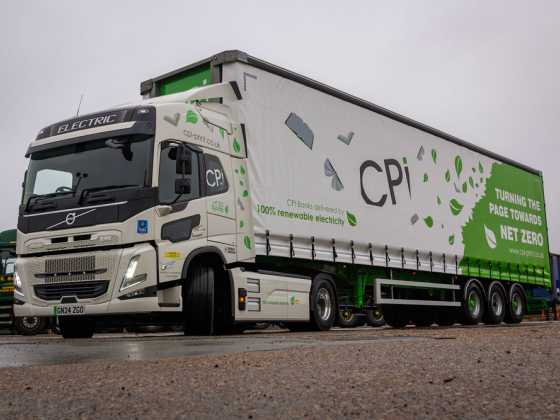TfN launches transport decarbonisation strategy

A Transport Decarbonisation Strategy for the North of England - outlining the ambitious target of near-zero carbon emissions from surface transport by 2045 – has been launched by Transport for the North (TfN).
It is the first time a regional strategy of this type has been produced, bringing together the region’s leaders to speak out with one voice on the climate emergency and how the transport sector must act to address the challenge.
It highlights the ambitions of the North of England in tackling carbon emissions, with the region aiming to go beyond national policy and targets, with a clear plan for making progress as quickly as possible.
Four priority activities have been agreed following the consultation on the strategy over summer. These cover rail electrification; improving public transport, including Northern Powerhouse Rail; developing a Zero Emission Vehicle charging infrastructure framework; and developing a regional route map for transport decarbonisation.
The wider action plan within the strategy covers encouraging modal shift towards more sustainable ways of travelling, such as public transport and active travel, and zero emission vehicles, including cars, HGVs and buses, with a comprehensive network of charging facilities to support their wider use, and the use of hydrogen and alternative fuel vehicles.
It also includes opportunities for decarbonisation in the freight industry, and reducing the embodied carbon within new transport infrastructure development.
The strategy also utilises TfN’s four Future Travel Scenarios to ensure it is future-proofed for a diverse range of possible scenarios.
Martin Tugwell, Chief Executive at Transport for the North, said: “Tackling the climate emergency is a critical challenge, and the North of England has an important role to play. As outlined in our Transport Decarbonisation Strategy and highlighted by our Members, we believe our region can, and must, take clear and comprehensive action to decarbonise surface transport over the coming years."



